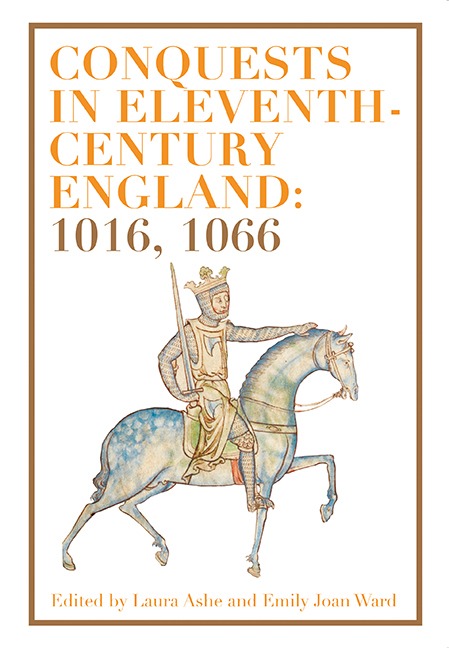12 - Queens and Demons: Women in English Royal Genealogies, c. 1100–c. 1223
Published online by Cambridge University Press: 26 April 2020
Summary
This chapter discusses the development and function of female generations in English royal genealogies and genealogical narratives from the long twelfth century. To English historians both before and after 1066, genealogies provided perspective, and were important tools both in comprehending the past and in structuring historical narratives. Genealogies established a certain ownership of the past, making them politically significant because questions of descent, prestige and identity mattered in royal succession. The genealogical histories analysed in this chapter were largely products of a process of negotiation and exchange of patronage for dynastic prestige and political legitimacy. They were written by historians who desired to ‘place events within a moral framework of interpretation’. As genealogies influenced the emphasis and accuracy of historical narratives, they can be seen as dynastic propaganda.
Medieval historians believed that a part of their task was to provide their patrons with historical models whose exemplary lives were to be followed, and antitypes whose misfortunes were to be avoided. In royal genealogies, ancestral panegyric could also promote legitimation. Emphasis on women of great symbolic or historical significance, such as saints or particularly noble or powerful queens, provided such models and increased the prestige of their descendants. By the same token, antitypes could be warnings against foolishness, pride, and their resulting misfortunes. When portrayed as particularly villainous, or even demonic, antitypes could even delegitimize a dynasty or explain present calamities.
A common feature shared by many European royal genealogies is their origin from euhemerized (humanized) pagan gods. Modern historians tend to believe that euhemerized gods contributed positively to the political legitimacy of Christian rulers. While at least some traces remain of euhemerized pagan goddesses or otherworldly women from pagan antiquity or Celtic and Scandinavian genealogical myth – where descent from such women conferred certain legitimacy onto their descendants – there are very few traces of euhemerized goddesses from English genealogies. The absence of euhemerized goddesses is even more striking considering the increasing popularity in twelfth-century England of the Trojan origin myth. According to this myth, Brutus, a Trojan refugee, became the eponymous founder of Britain.
- Type
- Chapter
- Information
- Conquests in Eleventh-Century England: 1016, 1066 , pp. 225 - 241Publisher: Boydell & BrewerPrint publication year: 2020

